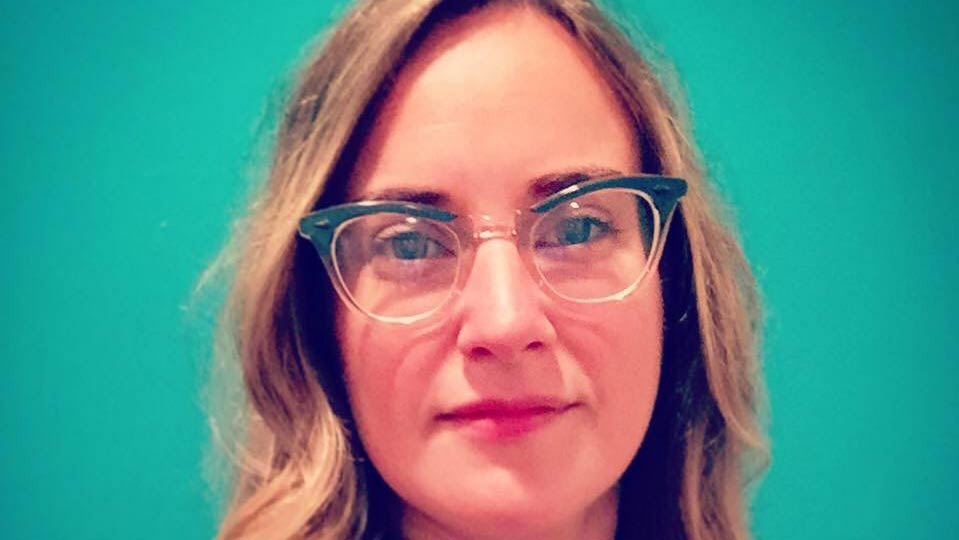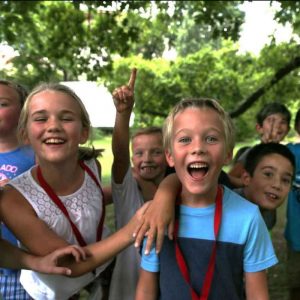Julianna Clark

In her studio practice, Julianna Clark tells stories about natural spaces and home through the lens of memory. Clark combines collected photographs, created images, and objects to bring forth narratives about how familial relationships form perceptions of the landscape, and vice versa: how the land shapes viewpoints of how humans relate to one another generationally. Using both the past and present, real and fabricated, Clark invokes comparisons between people and nature, life and decay, creation and destruction. Clark represents both shared and individual dreams and memories. Clark uses the natural world and the domestic home space as stages for incantation to call forth these memories and dreams. Images that display reflection, abstraction, and double-exposure symbolize the ways in which memory can be obscured or altered over time. They also represent how a person can create memories of events that never happened to them by hearing stories passed down from generation to generation.
Looking at the landscape, Clark specifically relate to her great-grandparents, who were both scientists and artists. Clark is interested in the grey areas between science and art, thereby connecting conceptually to the nebulously constructed memory she has of these family members, whom she knows mostly through stories and photographs. A visual dialogue with wild, unkempt pieces of land versus paved or manicured spaces in the urban and suburban landscape intrigues Clark. Plant life tends to overtake unnatural environments and objects over time, if left alone to grow and thrive. This interplay of schism and fusion symbolically represents the relationship between other generations and her own; they are both bonded and disconnected. Photographs in Clark’s series display the flowering plants and their interaction with an increasingly urbanized environment. Other images examine man-made forms within the landscape as another kind of specimen, aesthetically connecting the artificial and the botanical form. The depicted plant life and human objects illicit a sense of memory or nostalgia that is specific to the area in which the photographs are created. Clark uses semiotics of both art and science when creating, engaging with the taxonomic and the nostalgic, the systematic and the sentimental. The series explores Clark’s relationship to a particular environment both logically and emotionally, as Clark’s family felt connected more than fifty years ago. The work carries a melancholic tone of loss and remembrance, displayed through the use of shadow and subdued lighting. As a whole, Clark explores the symbolic and ideological ambiguity mentioned through the creation of a narrative pseudo-history.
Available Classes:

Rule Breakers: Alternative Photography (AM)
Zoom, focus, and click with artist Julianne Clark in this exciting workshop that bends the rules of photography. (Ages 7-9, May 28 – 31, AM)
Teaching Artist: Julianne Clark
